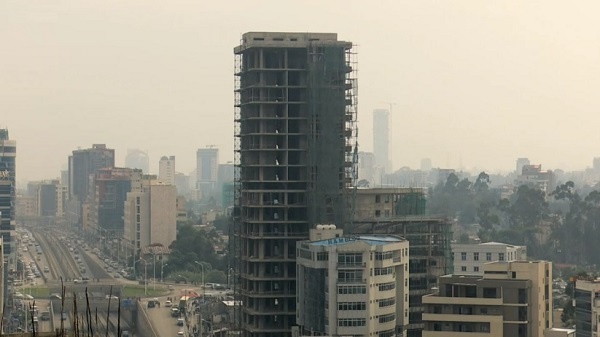
Business opportunities in the Ethiopian construction industry sector have been emerging for some time now. The country has opened its doors to more foreign investors.
ADDIS ABABA (BBC News) – Construction is booming in Ethiopia, accounting for 18% of the country’s GDP for the financial year 2017-2018.
The government has pumped millions of dollars into social housing, which has been a windfall for both foreign and local building contractors, and the construction sector is currently the largest employer in the country, with more than two million people employed in full-time and temporary jobs.
However, there are many challenges facing the construction industry, from mounting debt to difficulty in sourcing the right materials. Can these challenges be overcome soon?
Construction industry in Ethiopia and opportunities in the Ethiopia building industry
Infrastructure development and housing projects generously cover the landscape of modern Ethiopia. The rise of the country’s economic standards has gone beyond the expectation of analyzed country data, surveys, and opinions of many investors worldwide.
Aside from its rapid economic growth and the current progress in the country’s dairy production sector, Ethiopia’s construction sector has turned the country’s financial needs into massive opportunities for foreign businesses – especially those from the European nations.
Numerous projects have turned around Ethiopia’s economic decline, particularly in the city of Addis Ababa. Currently, the country forms the heart of Africa’s economic evolution due to high demands in the construction sub-sectors. The wave of construction in Addis Ababa has spilled into other Ethiopian cities, causing investors to take serious measures in expanding their business in the country.
Inefficiencies of construction projects in Ethiopia
Ethiopia’s growing number of construction projects have inefficiencies that need careful management. These inefficiencies are:
- Construction inputs are costly due to import fees.
- High rates of foreign exchange require further funding in Ethiopia’s private and public sectors.
- Ethiopia’s project managers are not as adept as other European or Chinese managers; thus, making project management a hassle.
Despite these inefficiencies, business opportunities in the Ethiopian construction industry sector have been emerging for some time now. The country has opened its doors to more foreign investors. In turn, opening opportunities for European, Chinese and other companies all over the globe, to expand their businesses and increasing the country’s employment rate.
Read the complete story at Alliance Experts
